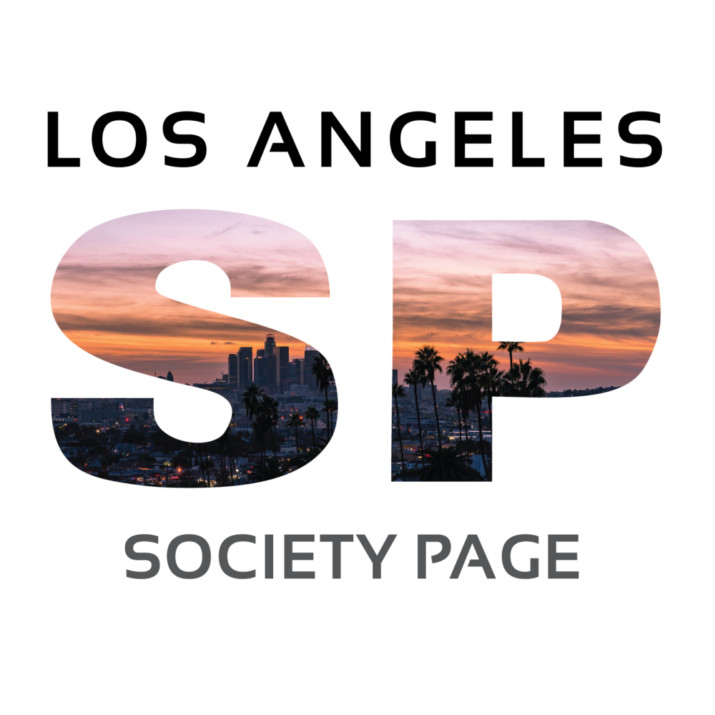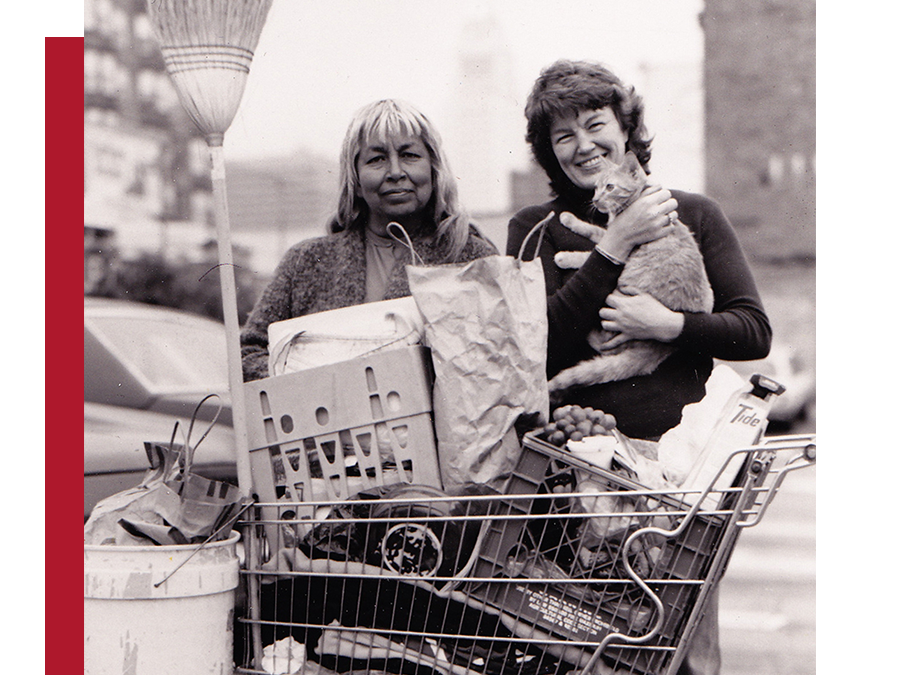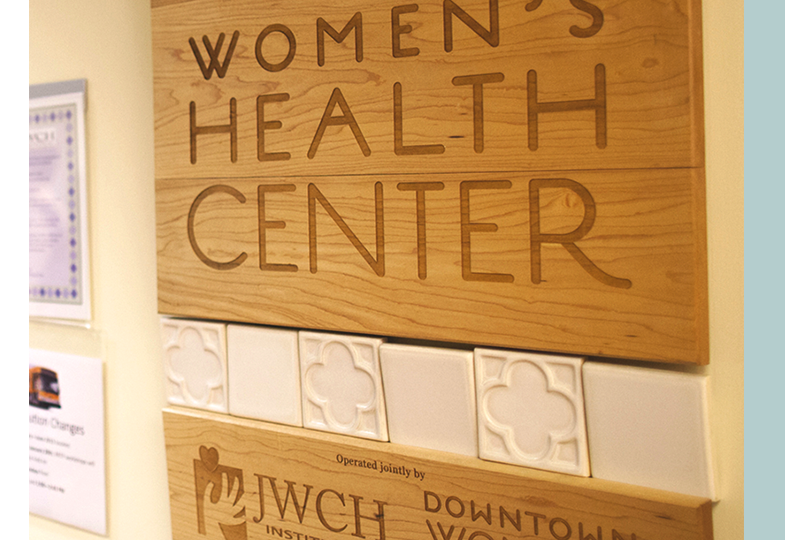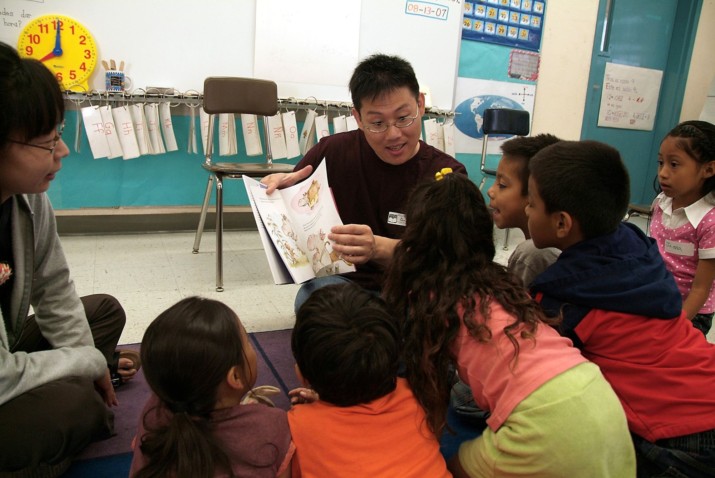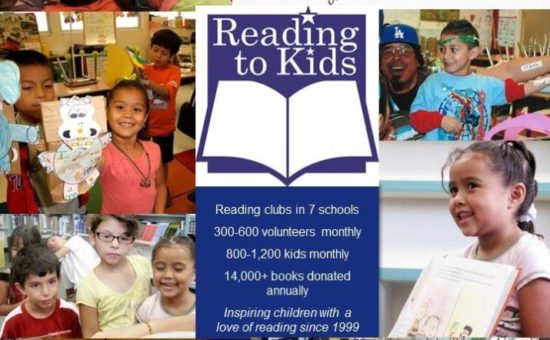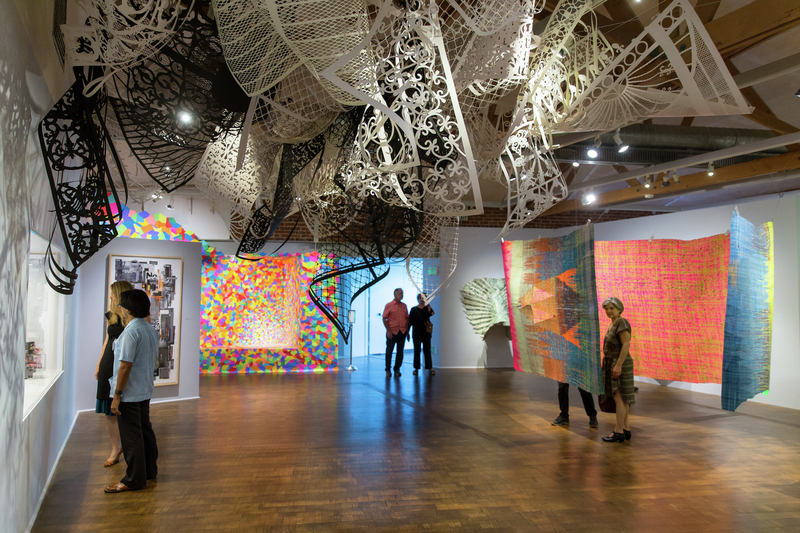
Hundreds of Artists Share a $2.7 Million Grant to Help Stay Afloat
Los Angeles, CA. Four hundred artists and 80 arts organizations received $2.7 million in total grants as part of a broad-based COVID-19 relief effort for the visual arts in the Los Angeles region, the J. Paul Getty Trust and the California Community Foundation announced today. (Beneficiaries include the Craft Contemporary Museum seen above.) The emergency support was designed to reach individual artists throughout all areas of LA County and arts organizations that serve the region’s culturally diverse communities.
“The arts are a source of expression, resistance, and healing,” says Joan Weinstein, director of the Getty Foundation, an operating program of the Getty Trust, which initiated the $10 million LA Arts COVID-19 Relief and Recovery Fund to help small and midsize visual arts organizations. “But our creative artists and arts organizations, who do so much to advocate for social change, will not survive this pandemic and its economic fallout if we don’t take action now to support them.”
The economic impact of COVID-19 has been especially hard on small and midsize arts institutions. The pandemic also laid bare inequities in funding, particularly for organizations that serve communities of color. Smaller arts organizations tend to operate without any endowment funds or cash reserves. Yet they act as essential community anchors, supporting creative expression for artists of color, providing access to the arts for underserved groups, and offering arts education in schools and at their own sites. Even while their doors have been closed, many have worked hard to maintain their community bonds, hosting COVID-19 testing sites or food distribution centers on their premises.
After months of lost revenue, these organizations are struggling to maintain staff, provide safe galleries and workspaces that meet new health and safety standards, and still ensure meaningful arts participation for their communities when they reopen.
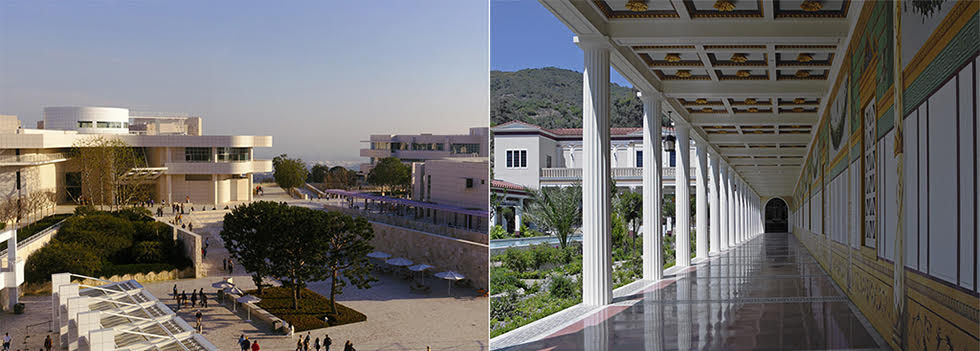
The Getty is the world’s largest cultural and philanthropic organization dedicated to the visual arts. The Getty includes the J. Paul Getty Museum, the Getty Research Institute (GRI), the Getty Conservation Institute (GCI), and the Getty Foundation. The Getty welcomes visitors from around the world to its two Los Angeles locations: the Getty Center in Brentwood and the Getty Villa in Pacific Palisades.
The more than $2 million in emergency relief grants awarded to 80 visual arts nonprofits and museums provides support to meet urgent financial needs over the next three months, including staff salaries, rent, and emergency supplies to comply with public health measures. This basic operating support will also allow organizations some leeway to plan for reopening, restructuring, and collaboration. Innovation will be critical if these institutions want to continue their work.
“We’re going to have to become semi-experts in how to manage spaces and arts experiences through a public health lens,” says Betty Avila, executive director of the arts nonprofit Self Help Graphics & Art, which received an emergency grant.
Self Help has worked at the intersection of arts and social justice since 1973, serving its community in East Los Angeles by promoting local Chicana/o and Latinx artists. But Avila recognizes they won’t endure if they don’t adapt, and the COVID relief grant will start them on that path. “We cannot return to our work with a ‘back to business as usual’ perspective.” In the meantime, the emergency grant will help them cover operational expenses, including support for Self Help Graphics’ teaching artists.
The threats facing arts institutions extend to visual artists. Thousands saw their income evaporate as the museums and non-profit spaces that exhibit their work shuttered. Many also depend on part-time work as teaching artists or preparators who set up and take down exhibitions. Countless artists also survive on work in the gig economy. With high unemployment across the region, they are straining to find alternative sources of income.
The California Community Foundation and Getty responded by creating the Relief Fund for L.A. County Visual Artists. The Fund has provided emergency grants of up to $2000 each to 400 local artists who work in all visual arts disciplines. Artists who applied for grants were asked to demonstrate their artistic practice through an online presentation of their work and to describe their financial needs. Additional contributions came from a trio of local artist-endowed foundations: the Mike Kelley Foundation for the Arts, the Sam Francis Foundation, and the Shepard and Amanda Fairey Foundation. The artist relief fund is administered by the Center for Cultural Innovation.
“This crisis is a wake-up call to all Angelenos to support the organizations that provide access to the arts and the artists that inspire us to be resilient,” says Antonia Hernández, president and CEO of the California Community Foundation, which is administering the LA Arts COVID-19 Fund. “The emergency grants will reach a wide array of arts nonprofits and dedicated artists, but more help is needed. The demand for funds was far greater than the supply. We welcome others to join us in this effort to ensure the arts continue contributing to the cultural vitality and wellness of our region for the benefit of all residents.”
For over 30 years, Getty and CCF have been longtime collaborators in the arts, supporting one of the most prestigious fellowships for visual artists in the country, the biennial Fellowships for Visual Artists. The Fellowship, led by CCF, was created by an earlier endowment from the Getty and has grown with subsequent donations from CCF and individual donors. The LA Arts COVID-19 Relief and Recovery Fund was a natural extension of that partnership. The next phase of their work together will focus on recovery grants to help key museums and visuals arts organizations reimagine their operations in order to survive and thrive in the coming years. More information on recovery funds will be available before this fall.
This link has a list of the LA Arts Covid-19 Relief Fund Grantees
From the associated organizations:
Getty is a leading global arts organization committed to the exhibition, conservation, and understanding of the world’s artistic and cultural heritage. Working collaboratively with partners around the globe, the Getty Foundation, Getty Conservation Institute, Getty Museum and Getty Research Institute are all dedicated to the greater understanding of the relationships between the world’s many cultures. The Los Angeles-based J. Paul Getty Trust and Getty programs share art, knowledge, and resources online at Getty.edu and welcome the public for free at the Getty Center and the Getty Villa.
The Getty Foundation fulfills the philanthropic mission of the Getty Trust by supporting individuals and institutions committed to advancing the greater understanding and preservation of the visual arts in Los Angeles and throughout the world. Through strategic grant initiatives, the Foundation strengthens art history as a global discipline, promotes the interdisciplinary practice of conservation, increases access to museum and archival collections, and develops current and future leaders in the visual arts. It carries out its work in collaboration with the other Getty Programs to ensure that they individually and collectively achieve maximum effect. Additional information is available at www.getty.edu/foundation.
About The California Community Foundation
The California Community Foundation has served as a public, charitable organization for Los Angeles County since 1915, its mission is to lead positive systemic change that strengthens Los Angeles communities. CCF manages 1,700 charitable foundations, funds and legacies. For more information, please visit calfund.org.
